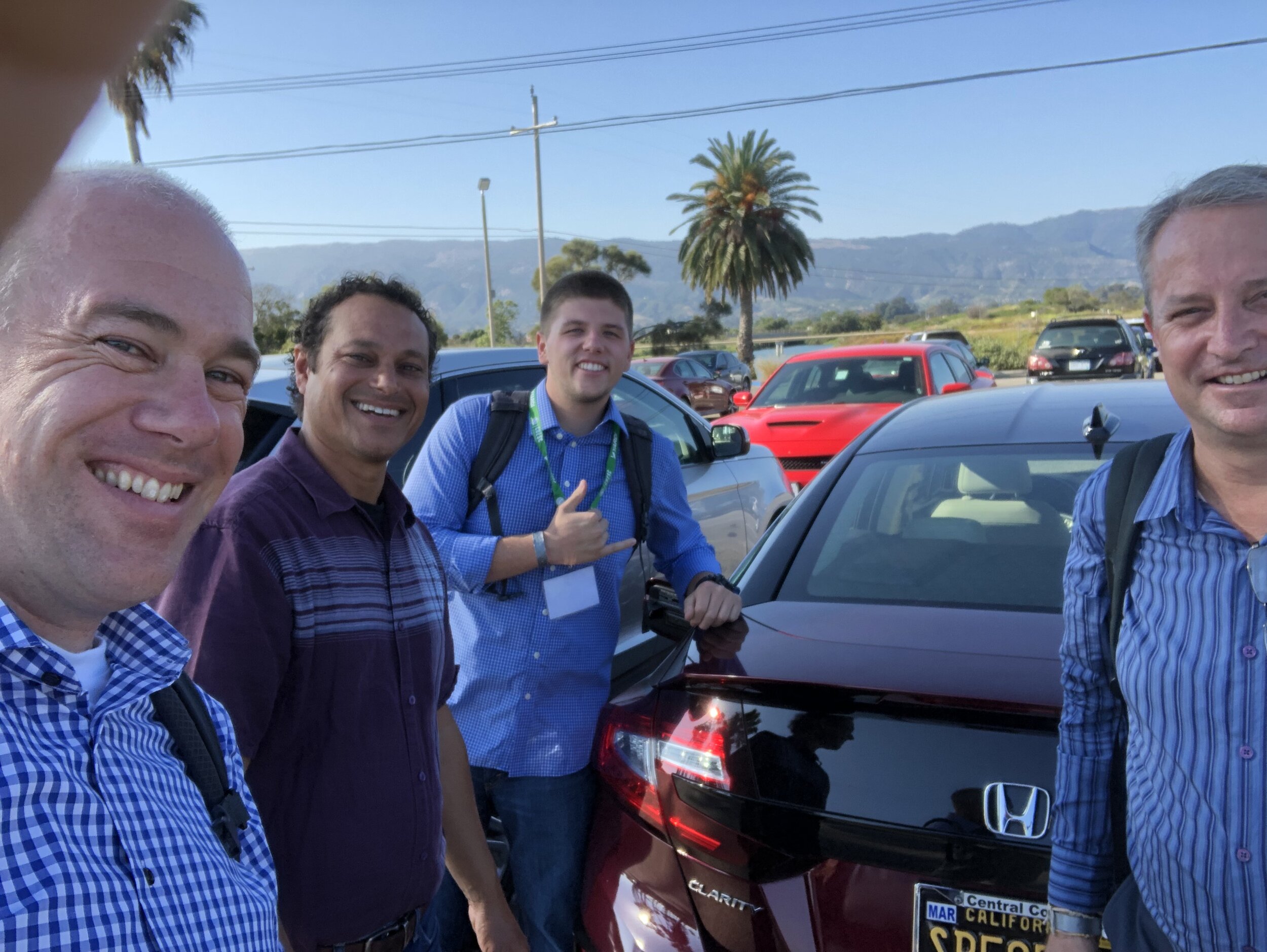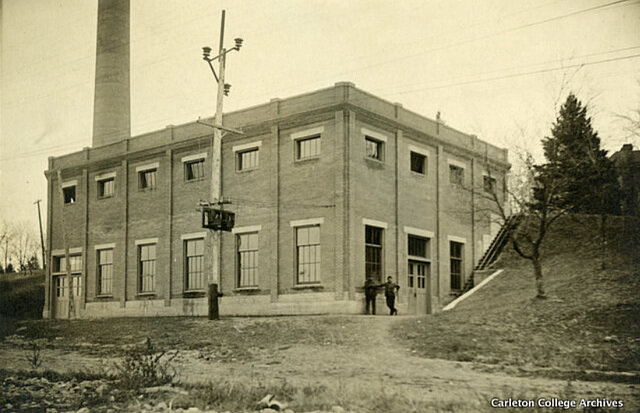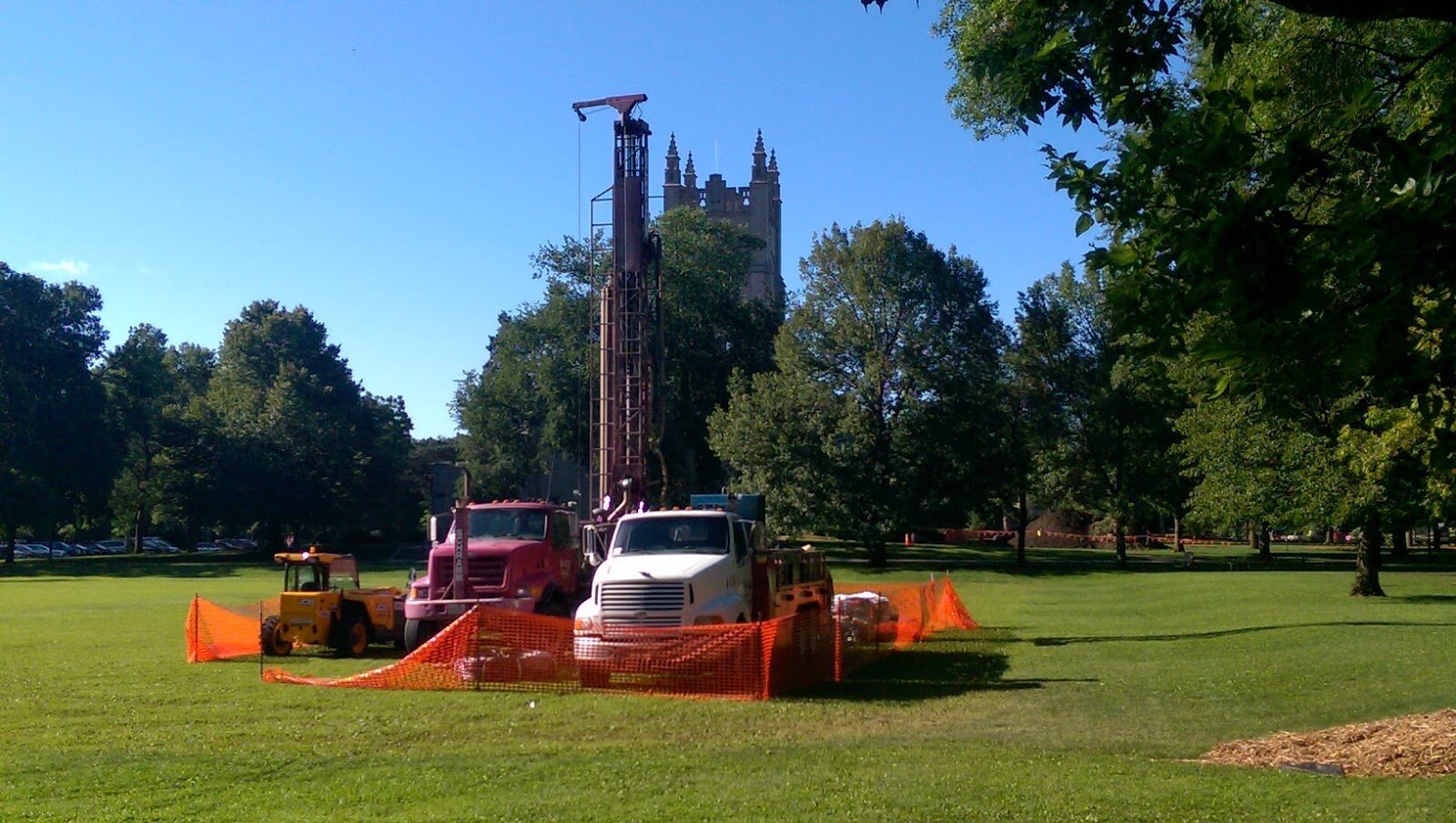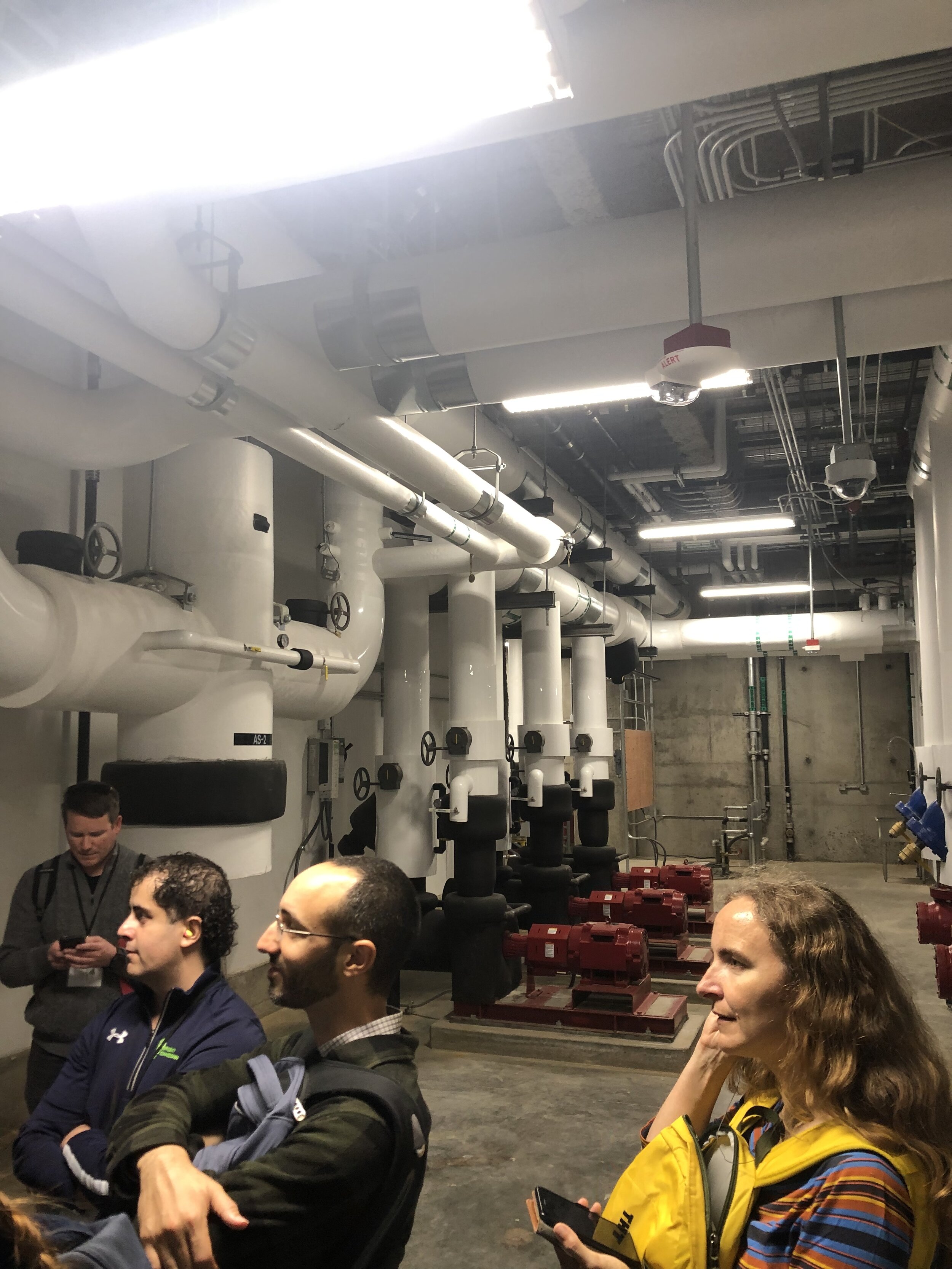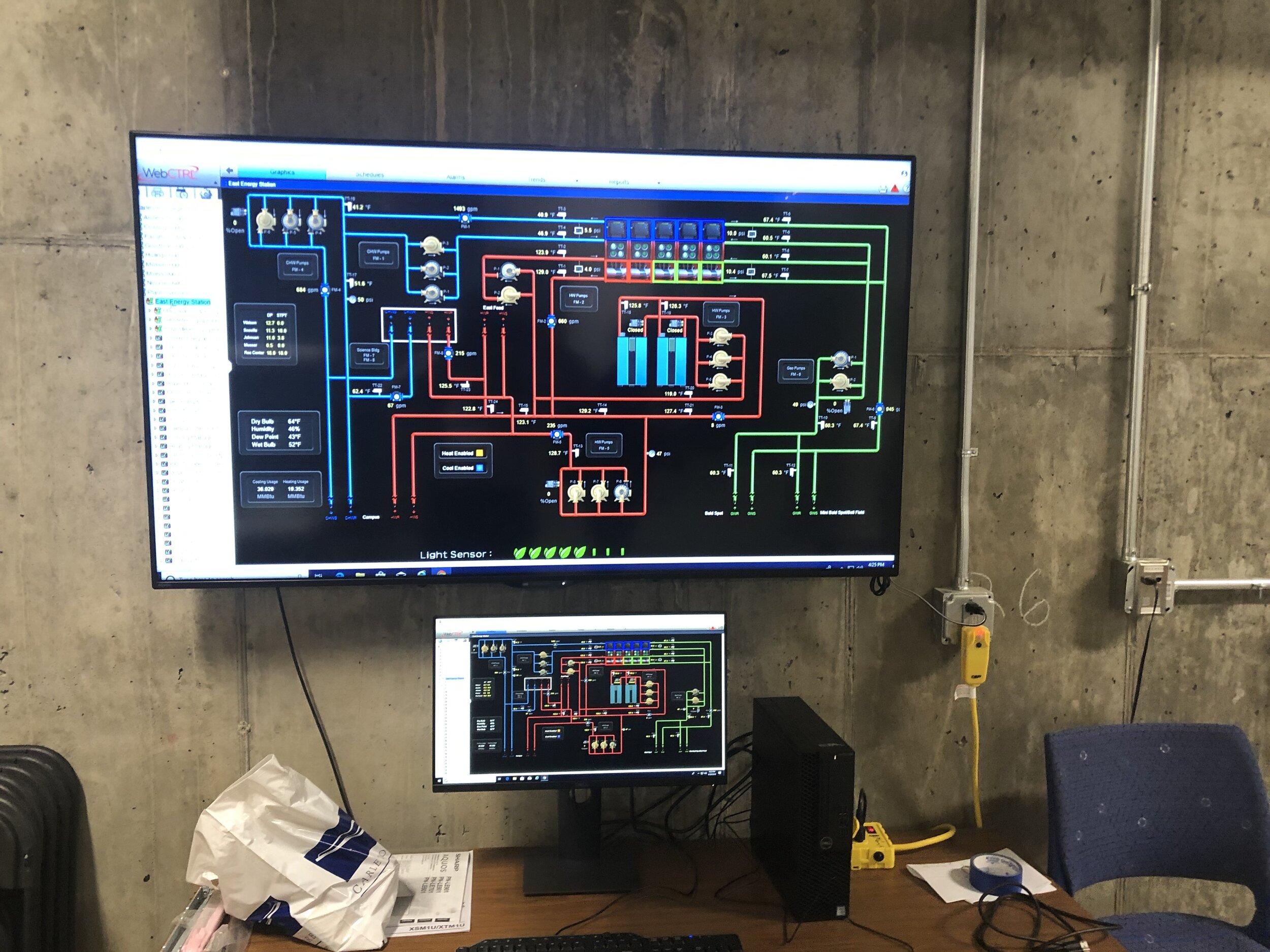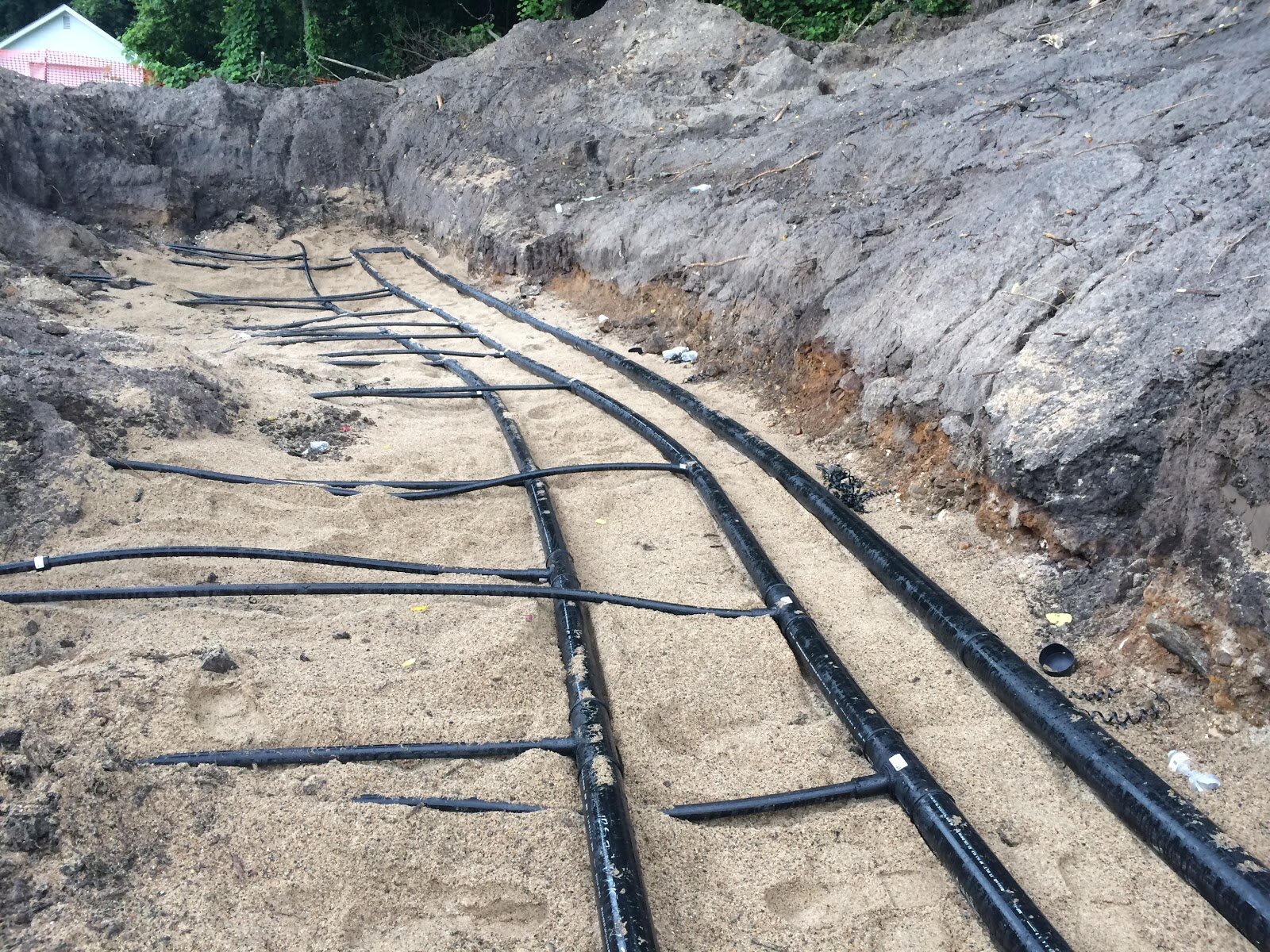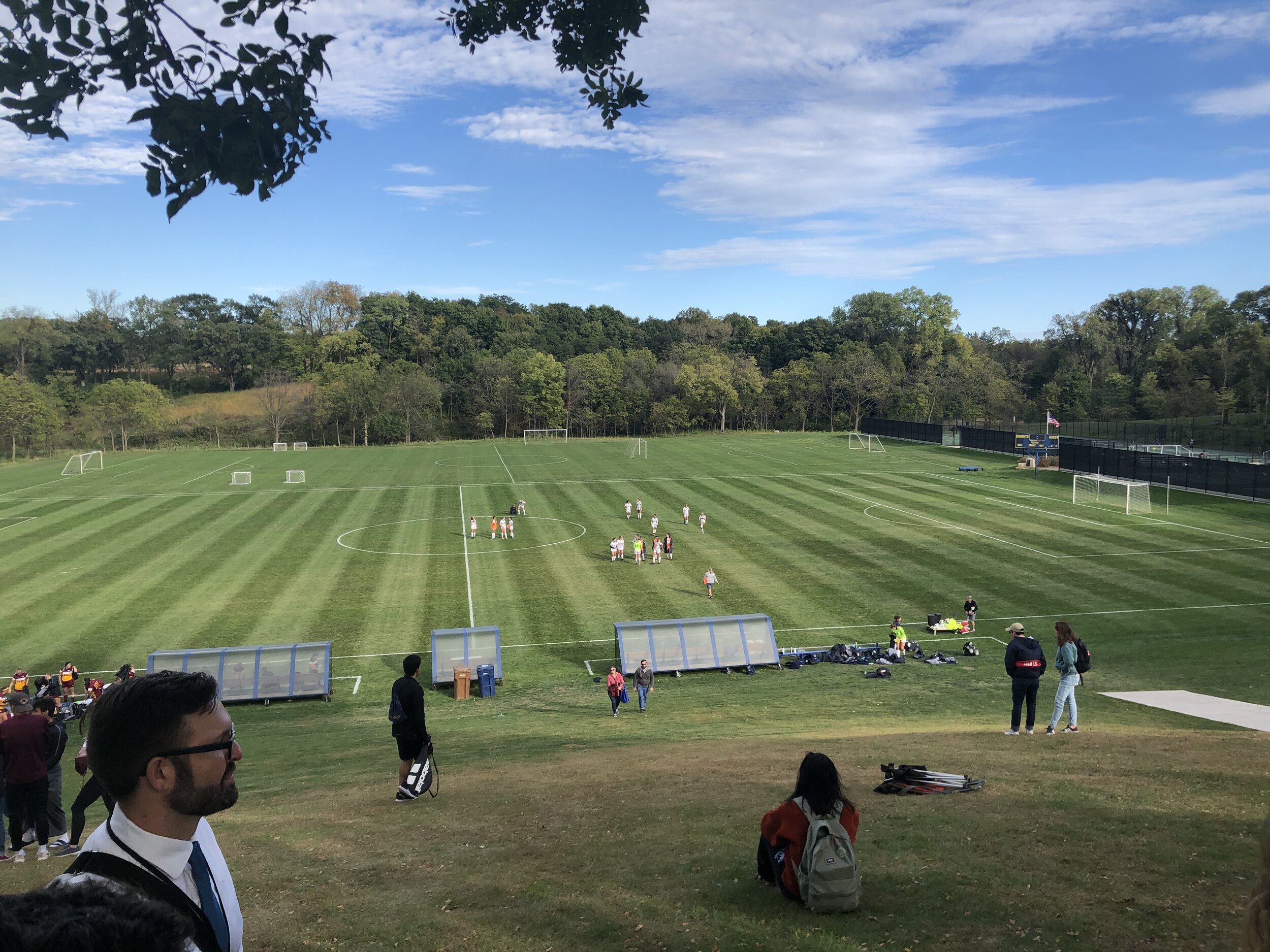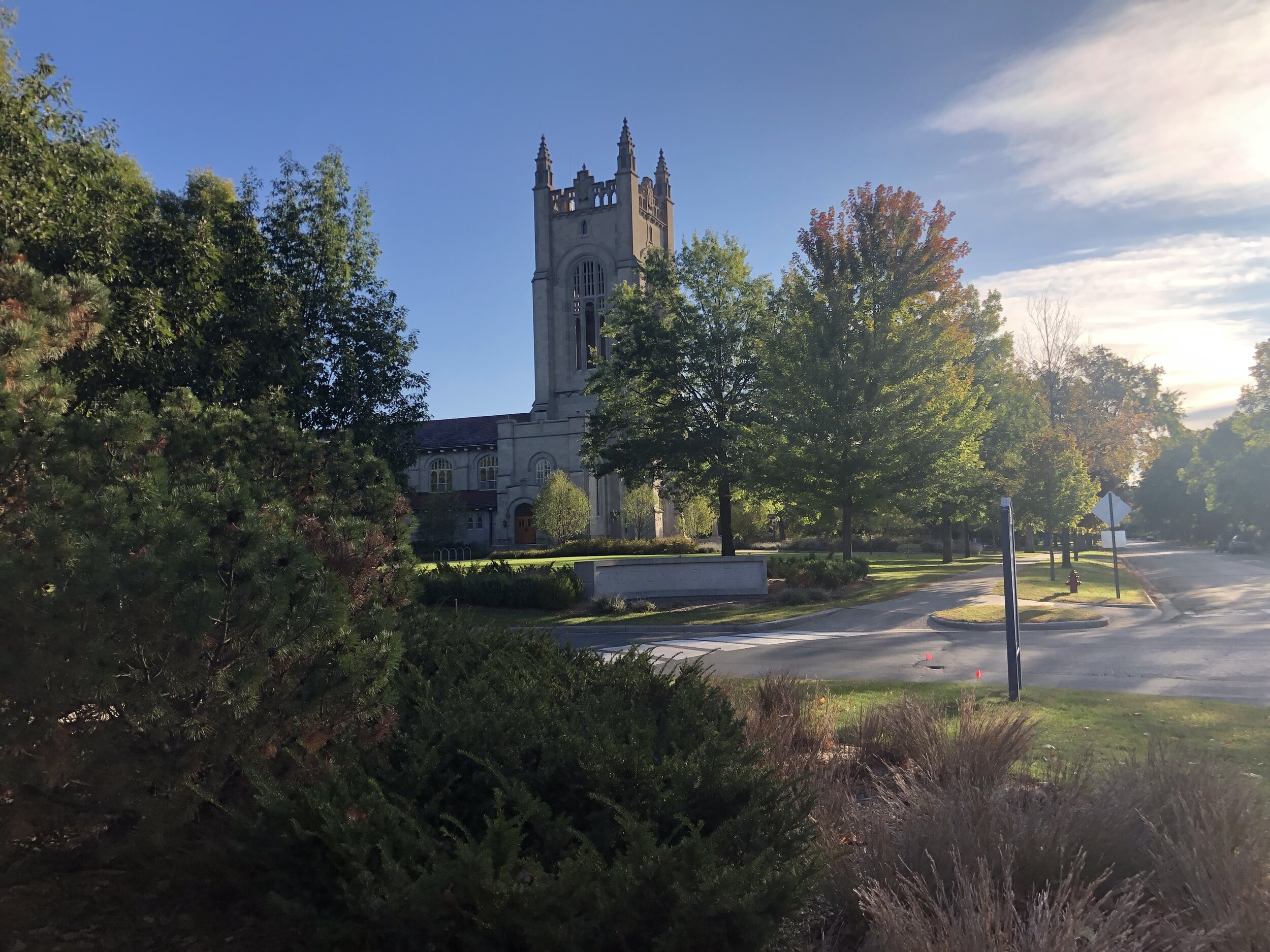Episode 35: The Eco Performance Office with Ron Herbst
Ron Herbst, Vice President, Brailsford & Dunlavey, Inc.
Guests:
Ron Herbst
Vice President, Brailsford & Dunlavey, Inc.
Host: Dave Karlsgodt
Director of Management Advisory Services, Brailsford & Dunlavey, Inc.
What can a higher education institution learn from an international bank? In this episode, we talk to Brailsford & Dunlavey’s own Ron Herbst, whose long and varied career in energy eventually led him to work with Deutsche Bank establishing and managing their Eco Performance Management Office (PMO.) An EcoPMO is a team that coordinates all of the functions needed to achieve an organization’s sustainability goals.
As the son of a blue-collar inventor, Ron felt drawn to the energy and sustainability world from a young age and wanted to be what he calls a “building energy efficiency doctor.”
Ron discusses his time at Deutsche with Dave how he applies what he learned about balancing institutional needs with sustainability goals to colleges and universities. In addition, we also discuss how to balance the needs of various institution stakeholders in order to reach those goals.
Resources:
The Association for the Advancement of Sustainability in Higher Education (AASHE): https://www.aashe.org/
US Department of Energy - Better Buildings Partnership: https://betterbuildingssolutioncenter.energy.gov/challenge
Second Nature: https://secondnature.org/
Rocky Mountain Institute: https://rmi.org/our-work/buildings/
Production Team:
Episode Transcript:
The following is an automated transcription of this episode which will include errors and omissions. You can listen and follow along with the text here:https://otter.ai/s/-Tws0LiGQMuAtEwbq6YoKA
You can find a text-only version of the transcript here: Episode 35 Transcript




